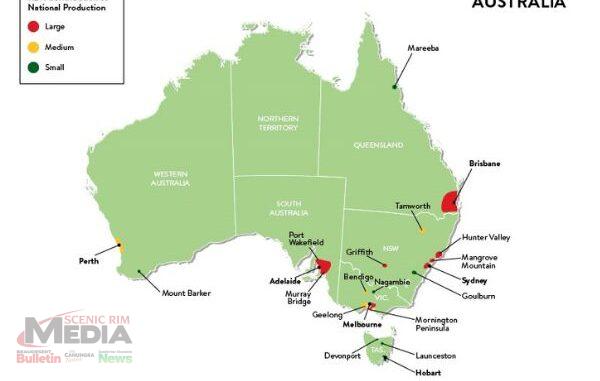
THE National Farmers’ Federation has released its final report towards creating greater market transparency and competition in the poultry meat sector.
In 2020 the ACCC’s Perishable Agricultural Goods Inquiry highlighted significant concerns about practices in the Australian poultry meat supply chain and the impact these had on market transparency, competition and the economy.
Supported by the Department of Agriculture, Fisheries and Forestry, the NFF completed an 18-month research project to investigate issues and solutions.
Through the project’s national consultation in 2023, growers across Australia raised a number of alarming concerns, including:
- Little to no choice in processors or ability to compare price offerings.
- Deliberate undermining of collective bargaining efforts.
- Unfair contract terms, such as growers being required to invest in infrastructure with no additional remuneration.
- Contract price increases not reflecting rising input costs.
- Refusal to honour contract clauses.
- A genuine fear of commercial retribution for challenging unfair contract terms or unfair business practices.
The final report is drawn from an extensive analysis of the industry dynamics, possible solutions, and the effectiveness of various regulatory tools.
Ultimately, the report concludes the most effective mechanism for addressing these issues is a mandatory Code of Conduct.
NFF CEO Tony Mahar said the serious behaviours reported by growers suggest a mandatory code was the only path forward for the industry.
“The final report concludes that the challenges in the poultry meat sector are beyond the scope of what current legislation can effectively address,” Mr Mahar said.
“We’ve seen several other agricultural industries go down a similar path and be revived by this type of intervention, the dairy industry is the perfect example.
“Administered by the ACCC, a Code will provide a regulatory framework that provides confidence and fair trading in the supply chain and will support best-practice policy and regulation for growers and processors.”





